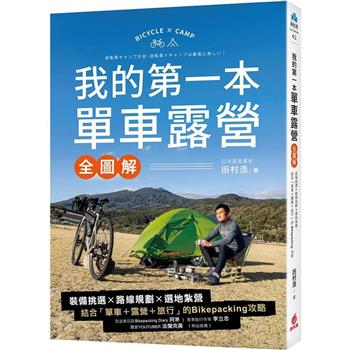Beyond Macaulay provides a radical and comprehensive history of Indian education in the early colonial era from 1780 to 1860. It critically explores data of 16,000 indigenous schools, which shows that indigenous education was not oral, informal, and Brahmin-centric but written, formal, and egalitarian. Based on rich archival evidence, the book challenges the conventional theory that the British administration imposed the English language and modern education on Indians. By including hitherto unused 41 Educational Minutes of Macaulay, the volume examines his educational ideas, his insistence on compulsory teaching of Indian languages in English schools, his encouragement of the Hindi language, his opposition to making Arabic as a medium of instruction in medical and technical education opens up hither to unknown perspectives on Orientalist-Modernist debates. Contrasting the educational ideas of the British elites and the Orientalists with dissenting Scottish voices, it shows that the colonial administration was not monolithic. The book discusses post-Macaulayan educational policies, closing down of Macaulay’s schools and the Wood’s Despatch of 1854 as well as how people protected English schools during the revolt of 1857.
This second edition is supplemented with complete student essays which reveal the students’ use of the English language, classical imageries, the debates in Europe and finally, their own location in Indian society. The essays by upper caste, OBC and Dalit students demonstrate their extraordinary competency and command over the English language. The book will be of great interest to scholars and researchers of education, history of education, Indian history, the history of English language teaching in India, sociology, and political science.












